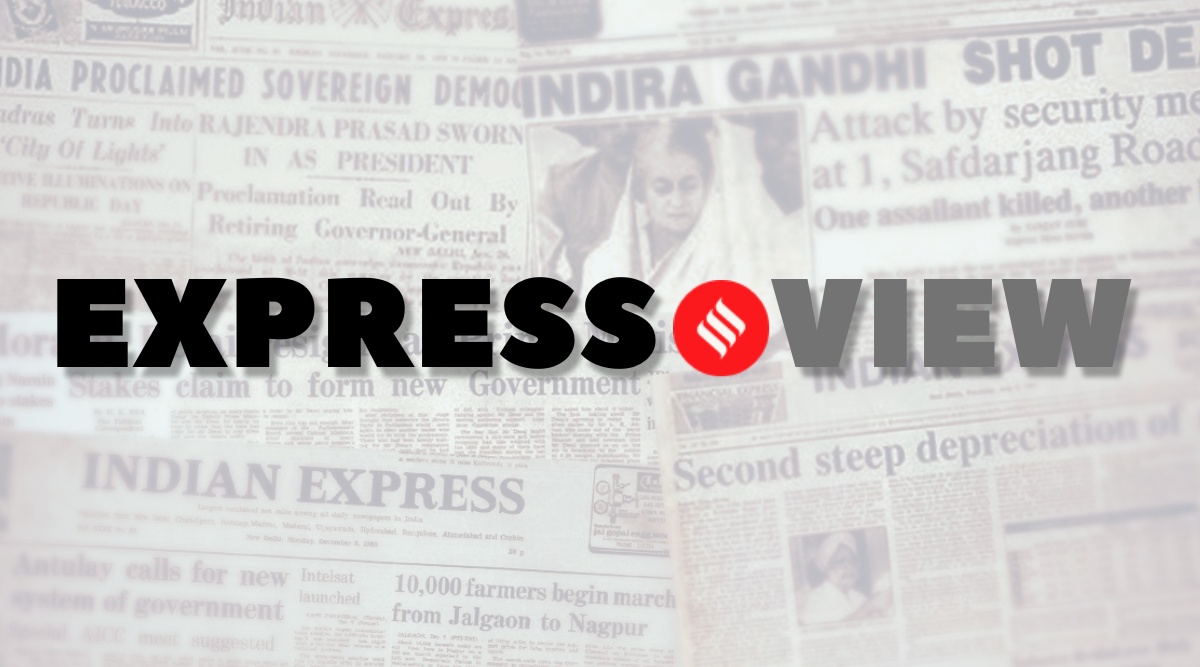 As the Russian aggression met fierce resistance from Ukraine and growing Western support, Putin has struggled to regain the initiative in a war that is now seven months old.
As the Russian aggression met fierce resistance from Ukraine and growing Western support, Putin has struggled to regain the initiative in a war that is now seven months old. On the military back foot in the Ukraine war, under growing political pressure at home to turn the tide, and facing international diplomatic isolation, the Russian president Vladimir Putin has turned to the mobilisation of a larger number of Russian troops, annexation of the occupied territories and nuclear blackmail. These escalatory steps, however, are likely to compound the Russian problems from Putin’s original sin — initiating an entirely avoidable war in Ukraine. Putin’s assumptions that Ukrainians will welcome the invading Russian troops as “liberators” and that the government led by Volodymyr Zelenskyy would simply melt away amidst the shock of Russian aggression have turned out to be utterly unrealistic. Putin was hoping to see the Russian troops march to the victory drums in Kyiv, the capital of Ukraine, soon after the invasion at the end of February. He now finds himself presiding over one of the greatest strategic blunders in the history of modern statecraft that will impose huge costs not only for him and the regime he built in Moscow over the last two decades, but also the Russian nation.
The bet on a quick victory saw Putin embark on the invasion of a large country with a limited force of barely 200,000 troops. As the Russian aggression met fierce resistance from Ukraine and growing Western support, Putin has struggled to regain the initiative in a war that is now seven months old. While the initial support for the invasion was high, few Russians are willing to make personal sacrifices for an expeditionary war that is going badly. Unlike the high morale of the Ukrainian armed forces fighting for the sovereignty and territorial integrity of their homeland, the Russian troops do not seem to have the will to fight this war. Poorly trained and badly led in a war based on terrible political judgement, the Russian troops have had no real motivation to fight. Instead of reversing course, Putin has chosen to hunker down amidst the pressure from the right wing to elevate the war effort and take new risks.
Efforts in the last few weeks at recruiting more citizens on a voluntary basis into the war spluttered amidst the limited popular enthusiasm. The latest drive at coercive mobilisation, however, is leading to protests and carries the danger of turning the military failure in Ukraine into a domestic political crisis. Increasing the penalties for surrender or refusal to fight are not going to make the Russian troops more motivated. Nor does the plan to turn the occupied territories in Ukraine into “Russian motherland” raise the political will of the Russian army. The referendums currently under way to justify annexation elicits little international political support and makes the Russian invasion look even more illegitimate. President Putin’s threat to use nuclear weapons to defend the “new Russian territories” is unlikely to stop Ukraine from defending its sovereignty and the West from supporting Kyiv. Putin’s temptation to throw good money after bad in Ukraine is understandable and reflects human nature; but his effort to salvage something out of his massive miscalculation could only make matters worse for the Russian leader.